This article was co-authored by Shipra Taneja and by wikiHow staff writer, Amber Crain. Shipra Taneja is a Makeup Artist and the Founder of Taneja's Bride, a lifestyle, beauty, and fashion blog. She specializes in creating bold, colorful makeup looks. Shipra is passionate about making colorful makeup comfortable for everybody.
There are 9 references cited in this article, which can be found at the bottom of the page.
This article has been viewed 23,997 times.
When it comes to beauty treatments like facials, microdermabrasion, manicures, or tanning, there's no shortage of salons and spas where you can get them done. However, you can save quite a bit of money by using DIY treatments at home instead. This way, you also know for sure exactly what you're applying to your skin.[1] The key is knowing when it's best to seek out professional help and when you can get similar results at home.
Steps
Deciding on Skin Care Treatments
-
1Consult a dermatologist for conditions like rosacea or eczema. If you have skin care conditions such as rosacea, eczema, or seborrheic dermatitis, your skin may become irritated easily. It’s best to leave treatments like facials, wraps, and peels to professionals who understand what ingredients and concentrations your skin can handle.[2]
- It’s a good idea to talk to your dermatologist if you’re thinking about getting a skin care treatment to make sure that it’s not too harsh with the skin condition that you have.[3]
-
2Use DIY treatments with caution if you have sensitive skin. When you have sensitive skin, you never know if it’s going to react to certain ingredients. Always do an allergy test 1 to 2 days before using a product to ensure your skin won’t react negatively to the ingredients.[4]
- To do an allergy test, dab a small amount of the mask, peel, serum, or other treatment on the side of your neck where the skin is thinner and tends to react more easily. Wait 24 to 48 hours to see if the skin reacts. If it doesn’t, you can use the product all over your face.
Advertisement -
3See a professional for extractions beyond simple whiteheads. Resist the urge to squeeze or pop your blemishes, which can cause further break outs, infections, and scarring.[5] Facial skin scars easily, and trying to perform extractions at home can leave permanent marks on your face. To prevent scarring and other issues, see a licensed professional for extractions beyond your run-of-the-mill whiteheads.[6]
-
4Go to an expert to deal with persistent acne and scarring. Avoid using DIY peels and masks to treat persistent skin conditions like acne and scarring. To really make a difference when it comes to these kinds of skin conditions, medical-strength peels and masks are needed, and they should only be performed by licensed professionals and dermatologists.[7]
- Cystic acne, which causes large, painful bumps beneath the skin, should always be treated by a dermatologist.[8]
-
5Do gentle exfoliation at home. Exfoliation sloughs away dead skin and impurities to reveal fresher, healthier skin. However, it must be done carefully to prevent skin irritation and damage. Use a gentle scrub and start with a once-weekly treatment. Rub in light, circular motions and then rinse the scrub away thoroughly with lukewarm water.[9]
-
6Open your pores with a DIY steam treatment. Run a soft cloth under very warm water, then wring out the excess water thoroughly. Drape the cloth over your face for a few minutes. The steam will help open up pores. Follow up with a mild cleanser to flush out your pores. Limit DIY streaming to once per week.[10]
- Deeper steaming treatments should be left to professionals.[11]
-
7Get professional help with hyperpigmentation, moles, and sunspots. Discolorations, moles, skin tags, and sunspots should be evaluated and treated by a licensed professional or dermatologist. At-home skin bleaching and DIY mole removal is never recommended and can result in serious skin damage. Book an appointment with your dermatologist if you're worried about any of these skin conditions.
-
8See a professional for microdermabrasion. While there are a variety of home microdermabrasion devices that can provide professional results, technique is just as important as the machine that you use. If you don’t use the device properly, you can damage the skin and possibly cause it to bleed.[12]
Choosing Hair Treatments
-
1Get your haircut by an expert unless you have experience. It’s very tricky to cut your own hair, particularly if you’re going for more than just a trim. For the best results, have your hair cut by a trained professional. This is especially true if you need your bangs trimmed, which grow out very slowly and are difficult to hide.
- If you only want to trim 1 inch (2.5 cm) to 2 inches (5.1 cm)off your hair, you may be able to pull that off at home.
-
2Use a professional for drastic color changes, highlights, and lowlights. While DIY box hair color can be easy to use, it’s not uncommon for mistakes to happen. It’s especially important to see a professional if you’re drastically changing your hair color. Lightening your hair with bleach, as well as highlights or lowlights, should usually be performed by a professional unless you have experience.[13]
-
3Touch up grays and roots with boxed hair dyes at home. This simple procedure can be performed at home easily and save you a lot of money. If you need to cover up gray hair or grown-out color at the roots, DIY boxed dyes are a great choice.[14]
-
4See a pro to shape your brows. Brow professionals know the best shape to complement your facial features, so they usually get the best results. It can also be difficult to shape your own brows because you need to get a close-up view of the brows to tweeze effectively, which can prevent you from seeing the larger view of how they work with your entire face.[15]
- It’s usually safe to pluck a hair or 2 between brow appointments at home for upkeep between your brow shaping appointments.
-
5Wax easy to reach areas at home. There are a variety of at-home waxing kits on the market that are easy to use and work fine for areas that you can reach easily, such as the legs, arms, and upper lip. Just make sure to follow the instructions carefully to avoid possible injuries.[16]
- Be sure to exfoliate the skin thoroughly a day or two before you plan to wax for the best results.
- When you remove the wax, hold your skin taut to make sure you remove all the hair and limit the pain.
-
6Have an expert wax hard to reach spots. When it comes to hard to reach spots like the bikini area or your back, it’s usually impossible to get the job done right yourself. See a professional to ensure that the hair removal is as thorough and safe as possible.[17]
-
7See a professional to tint your lashes or eyebrows. Never use chemical at-home treatments near your eyes to tint the color of your lashes or brows. Research online for a reputable salon and book an appointment for this procedure. Make sure the salon technician is licensed before proceeding.[18]
Taking Care of Nails, Teeth, Tanning, and Makeup
-
1Do your own manicures and pedicures. While getting a professional manicure or pedicure can be a fun treat, shaping and painting your own nails at home can be an easy way to save money. You can even purchase at-home gel manicure kits, so your polish doesn’t chip as easily and your manicure lasts longer.[19]
- If you find getting a manicure to be a relaxing experience, you may want to indulge with a professional treatment every once and awhile.
-
2Whiten your teeth at home. High quality DIY whitening kits can be very effective if you use them regularly, so there’s no reason not to whiten your teeth at home. Be sure to read the instructions carefully, though, to ensure that you use the product properly.[20]
- For the most effective home whitening treatment, look for a product that stays in contact with your teeth, such as strips, and contains as least 7 percent hydrogen peroxide.
- Professional whitening treatments tend to yield much quicker results, so if you need your teeth to be whiter overnight, it’s best to see your dentist.
-
3Use self-tanner at home in most cases. DIY self-tanning products can be very effective, and have become much easier to use over the years. This is particularly true if you’re looking to tan easy to reach areas, such as your legs, arms, chest, or face. It’s best to start with a lighter shade, though, because it’s easy to add more color but much more difficult to take it away.[21]
- Exfoliate your skin first and always apply the product carefully on your elbows, knees, hands, and feet, since staining and mistakes typically happen in these areas.
-
4Get a professional tanning treatment for special events. For a special occasion when you may be showing a little more skin, such as a vacation or party, consider getting a professional tanning treatment. An expert can make sure that all of your skin, including the hard to reach spots, is covered flawlessly and evenly.
-
5Do your own makeup at home unless it's a special occasion. Typically, doing your own makeup is the best and most affordable option. However, if you have a big event coming up and you don't feel super confident in your makeup application abilities, consider booking a professional to help you out.[22]
Expert Q&A
-
QuestionAre DIY beauty treatments safe?
 Shipra TanejaShipra Taneja is a Makeup Artist and the Founder of Taneja's Bride, a lifestyle, beauty, and fashion blog. She specializes in creating bold, colorful makeup looks. Shipra is passionate about making colorful makeup comfortable for everybody.
Shipra TanejaShipra Taneja is a Makeup Artist and the Founder of Taneja's Bride, a lifestyle, beauty, and fashion blog. She specializes in creating bold, colorful makeup looks. Shipra is passionate about making colorful makeup comfortable for everybody.
Makeup Artist Usually, yes, but you have to make sure you know exactly what you're applying on your skin to avoid complications. You can find a lot of information out there, but the safest way to treat your skin is a professional care.
Usually, yes, but you have to make sure you know exactly what you're applying on your skin to avoid complications. You can find a lot of information out there, but the safest way to treat your skin is a professional care.
References
- ↑ Shipra Taneja. Makeup Artist. Expert Interview. 6 August 2021.
- ↑ https://www.bustle.com/articles/95849-6-things-your-esthetician-wont-tell-you-about-facials
- ↑ http://www.refinery29.com/diy-versus-professional-beauty-services#slide-8
- ↑ http://blog.reneerouleau.com/skin-makeover-tip-4-do-a-patch-test-with-new-products/
- ↑ Shipra Taneja. Makeup Artist. Expert Interview. 6 August 2021.
- ↑ https://www.allure.com/story/how-to-give-yourself-facial
- ↑ https://www.shape.com/lifestyle/beauty/diy-beauty-treatments-vs-going-salon
- ↑ http://www.refinery29.com/diy-versus-professional-beauty-services#slide-8
- ↑ https://www.allure.com/story/how-to-give-yourself-facial
- ↑ https://www.allure.com/story/how-to-give-yourself-facial
- ↑ http://stylecaster.com/beauty/diy-facial-vs-spa/
- ↑ https://www.shape.com/lifestyle/beauty/diy-beauty-treatments-vs-going-salon
- ↑ https://www.shape.com/lifestyle/beauty/diy-beauty-treatments-vs-going-salon
- ↑ https://www.shape.com/lifestyle/beauty/diy-beauty-treatments-vs-going-salon
- ↑ https://www.shape.com/lifestyle/beauty/diy-beauty-treatments-vs-going-salon
- ↑ https://www.shape.com/lifestyle/beauty/diy-beauty-treatments-vs-going-salon
- ↑ https://www.shape.com/lifestyle/beauty/diy-beauty-treatments-vs-going-salon
- ↑ http://www.refinery29.com/diy-versus-professional-beauty-services#slide-4
- ↑ https://www.shape.com/lifestyle/beauty/diy-beauty-treatments-vs-going-salon
- ↑ https://www.shape.com/lifestyle/beauty/diy-beauty-treatments-vs-going-salon
- ↑ https://www.shape.com/lifestyle/beauty/diy-beauty-treatments-vs-going-salon
- ↑ http://www.refinery29.com/diy-versus-professional-beauty-services#slide-10

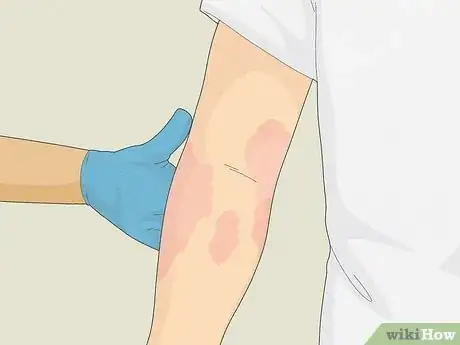
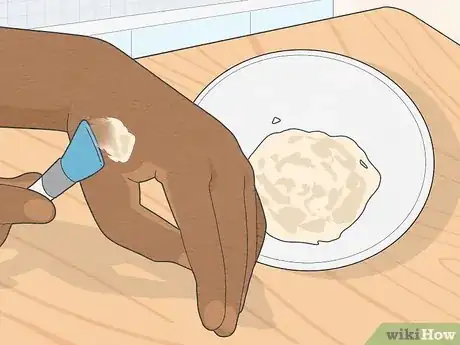



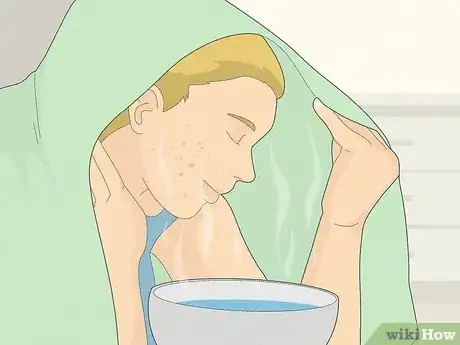
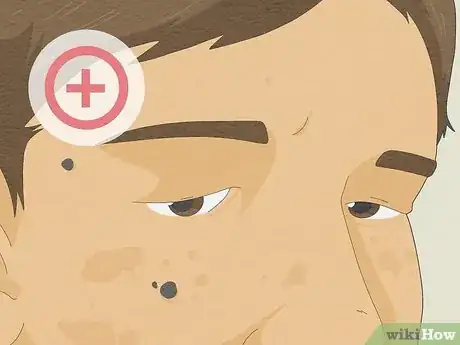
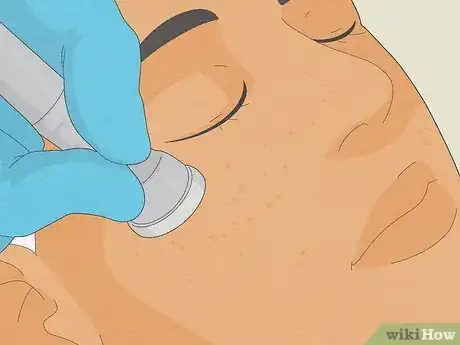



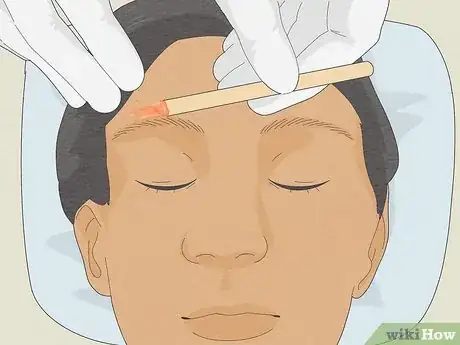


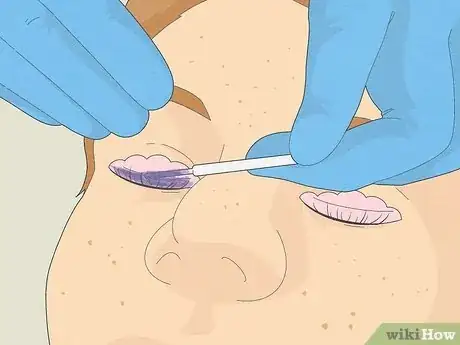
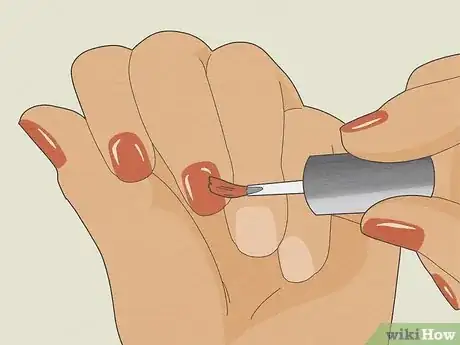





-Step-1.webp)








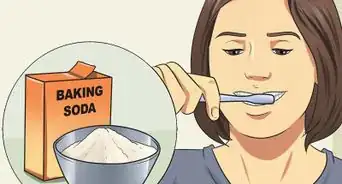








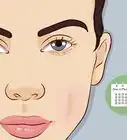
-Step-1.webp)




































